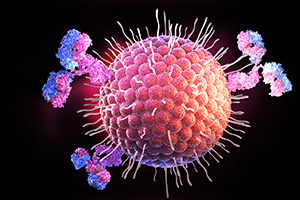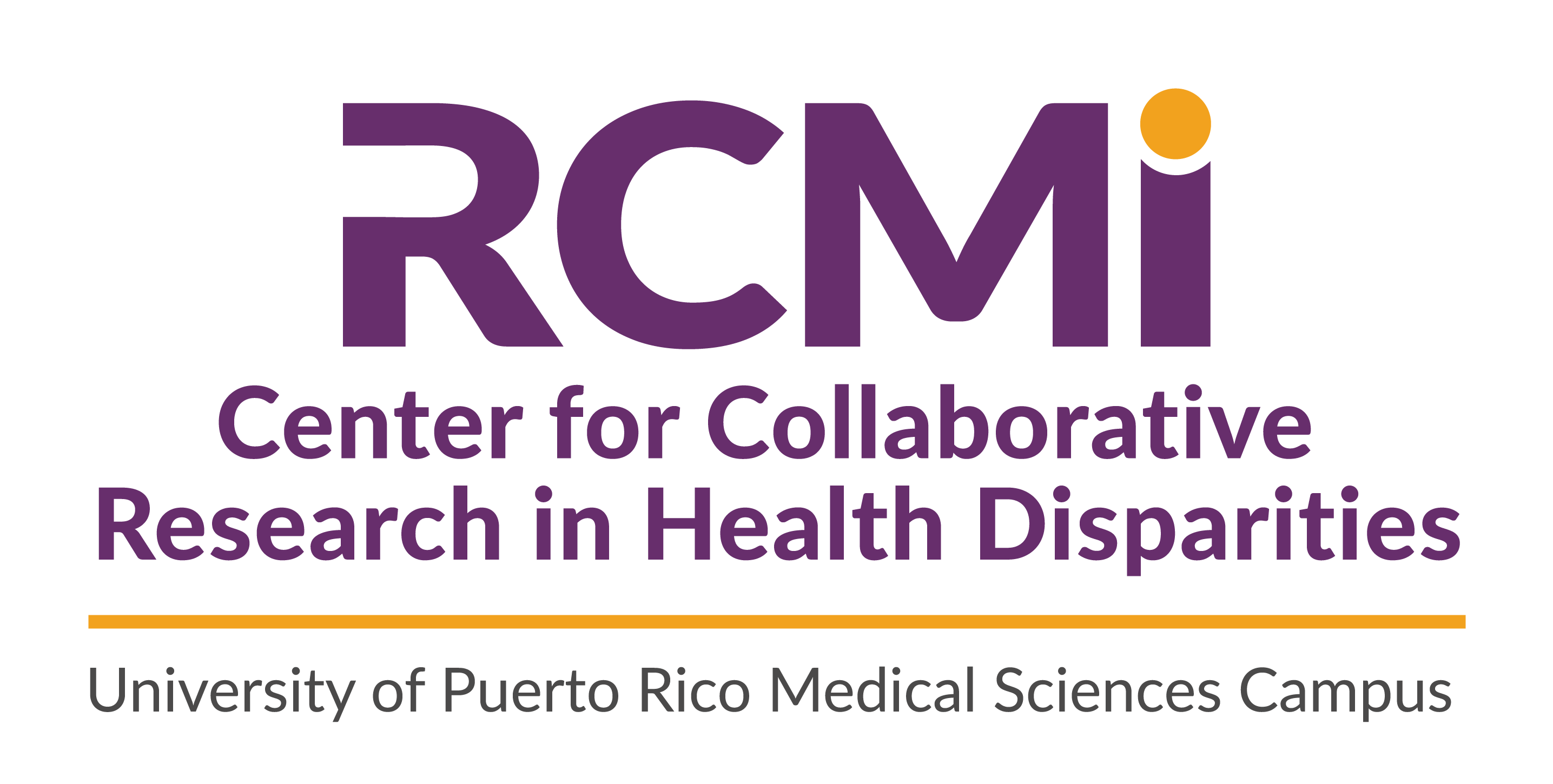
Principal Investigator: Dr. Filipa Godoy
About the project:
PROJECT SUMMARY: Cervical cancer (CC) is the fourth most common malignancy worldwide. Mortality rates are three times higher in Latin America and the Caribbean than in the United States, and Puerto Rico (PR) has the highest age-adjusted incidence for cervical cancer in the US despite of vaccination. Persistent infection with high-risk human papilloma virus (hr-HPV) types is a necessary, but not sufficient to cause cervical cancer. Other yet unknown cofactors are required to promote hr-HPH persistence and progression to cancer, however these pathways are not completely understood. Besides HPV infections, the key factors that promote cancer progression likely reside in the cervical environment, notably its local microbiome. Preliminary evidence suggests that increased bacterial variety and reduction in Lactobacillus are associated with High grade squamous intraepithelial lesion (HSIL), however, except for preliminary data from our group that studied cervical yeast, we have not yet understood the importance of the fungal communities and other combined metabolic and host factors on disease progression. Here we propose to comprehensively study virus- microbiota-host interactions, using state of the art sequencing technologies and novel bioinformatic algorithms to address a malignancy, that is characterized by health disparities in the US and globally. Our overarching goal is to identify microbial inter-species interactions and host factors that control hr-HPV persistence and cervical disease. We will leverage samples and data already collected from over 300 participants in a cross-sectional pilot study cohort, and to additionally select 200 participants to follow up longitudinally. In Aim 1, we will quantify the cervicovaginal bacterial and fungal community composition and metabolome cross-sectionally, differentiating subjects with or without cervical dysplasia and presence or absence of high risk (hr) HPV. In Aim 2 we will identify bacterial and fungal strains, functional gene pathways and metabolites that over a longitudinal timeseries distinguish subjects without cervical disease (NILM - HPV negative and low-risk), from high-risk HPV infected participants who progress to high grade dysplasia. Having shotgun metagenomics data from selected patients longitudinally is unique to be able to understand gene and functional changes of key taxa to inform on their role in progression or regression. We hypothesize that there will be genomic bacterial strains that differentiate subjects without lesions and with cervical disease and that multiple levels of omics data, including the microbiome, the metabolome and the cytokine profiles may have higher predictive value than HPV risk alone. This work will develop a strong platform for a long standing and central question regarding cervical disease and will lay the foundation for elucidating the mechanisms by which microbiomes affect HPV persistence and dysplasia.



